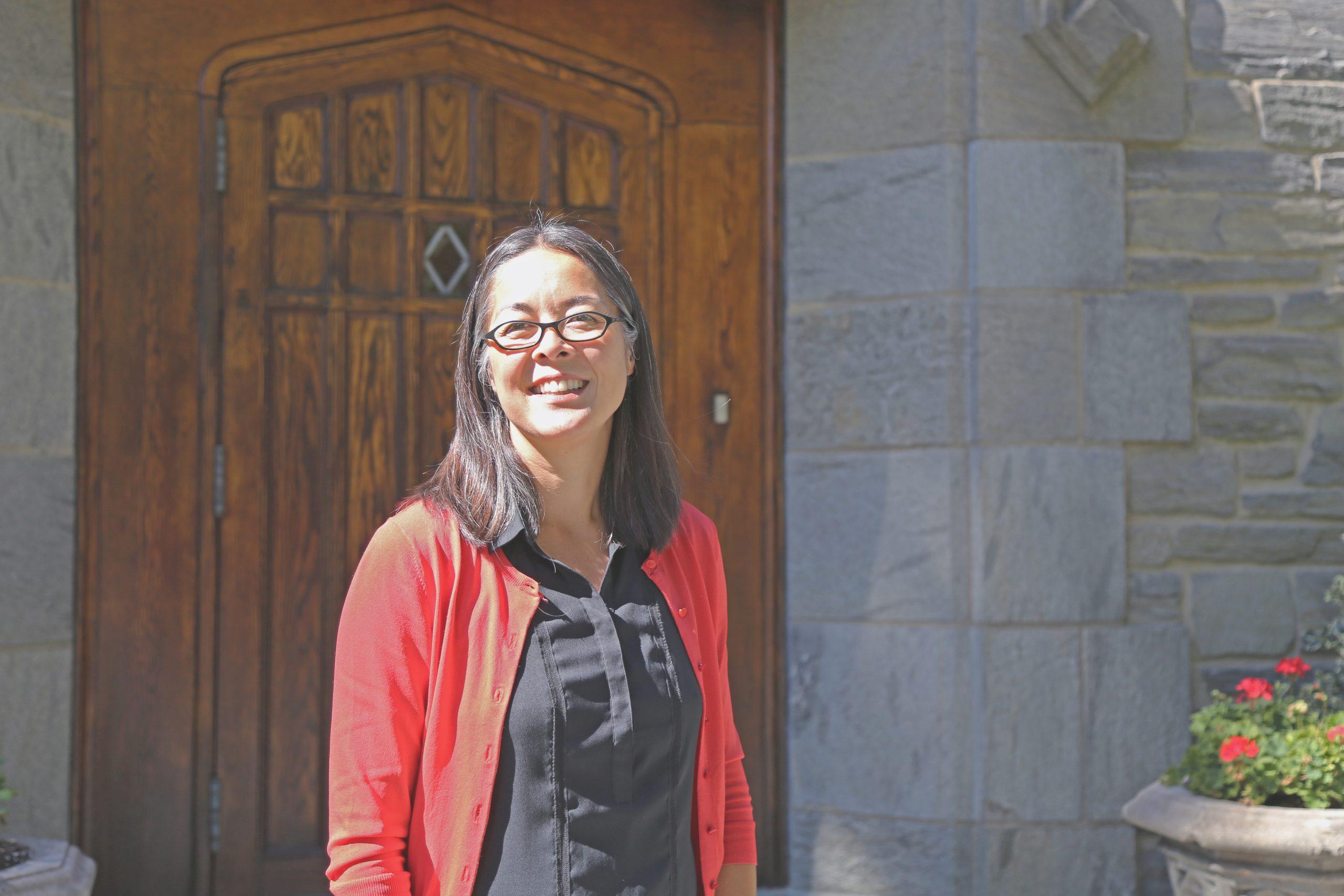Saint Joseph’s implements President’s Council on Inclusion and Diversity
University President Mark C. Reed, Ed.D., announced the implementation of the President’s Council on Inclusion and Diversity via email on Oct. 21.The council recently held their first meeting to discuss issues of inclusion on campus.
The council’s chair is Assistant Provost for Inclusion Monica Nixon, Ed.D. The council focuses on initiatives and methods in order to strengthen the efforts of inclusion on campus.
“The campus had a series of listening sessions last academic year,” Nixon said. “[The talks were] about inclusion and diversity. One of the needs that emerged from those conversations was some sort of high level group that could advise the president and other university leaders about important issues related to inclusion and diversity.”

The council includes a wide variety of students from differing backgrounds.
“I feel like it is an important topic to talk about,” student representative Rob Focht, ’19, said. “I like being an agent of change which is why I am on the [Student] Senate, but I feel like I can do more. This is a more concentrated area of change.”
Focht emphasized that his main goal is to see constructive change come out of the council rather than just talking about the change.
“One of my biggest pet peeves is someone talking about change but never actually wanting to do it,” Focht said. “I would just like to see us following through on our plans—whatever they may be.”
The council is determining how inclusion is represented on campus presently and how to improve on it in the future.
“It’s both what our vision [is] but also what is our blueprint for accomplishing that vision,” Nixon said. “Understanding that inclusion is never the end goal but that it’s in some ways about the journey. We do have goals along the way so how do we hold one another accountable for those goals?”
The council already had their first meeting and are meeting again soon to discuss how to approach change on campus.
“We did start thinking about where we have strengths and opportunities when it comes to inclusion and where we have barriers,” Nixon said. “We are going to talk about the campus climate study and what that looks like.”
The campus climate is an essential factor for the council’s future motivations to further inclusion on campus.
“The last meeting, we talked about the climate on campus and what our status is and how diverse people feel on campus. So next meeting I think we are going to talk about action plans,” Focht said.
Nixon said the data they are going to use will include how staff, faculty, and students are represented here based on race, ethnicity, nationality, and socioeconomic status.
“One of the needs that has emerged very strongly in the different conversations that have happened is around inclusion,” Nixon said. “The president’s council will be involved with that strategic planning process.”
Focht said he wants to be able to make that change by being a good student representative and approaching the council with issues and ideas to solve the university’s problems.
“What I want to do is basically be in the places where the adults or faculty are not,” Focht said. “So I get to see a firsthand experience of everything, and then I can use that and report back to the council [to] see what we can come up with based off of that.”
Nixon wants to make sure the community knows that this council is here and that they are trying to make a change for the campus in its entirety.
“I would like to make sure that what we are doing is transparent and it’s not like some secret group that is going to fix all the problems we have with inclusion and that its collective work,” Nixon said. “This group represents a lot of interest and there are many more interests that we have to make sure we are connected with.”












































